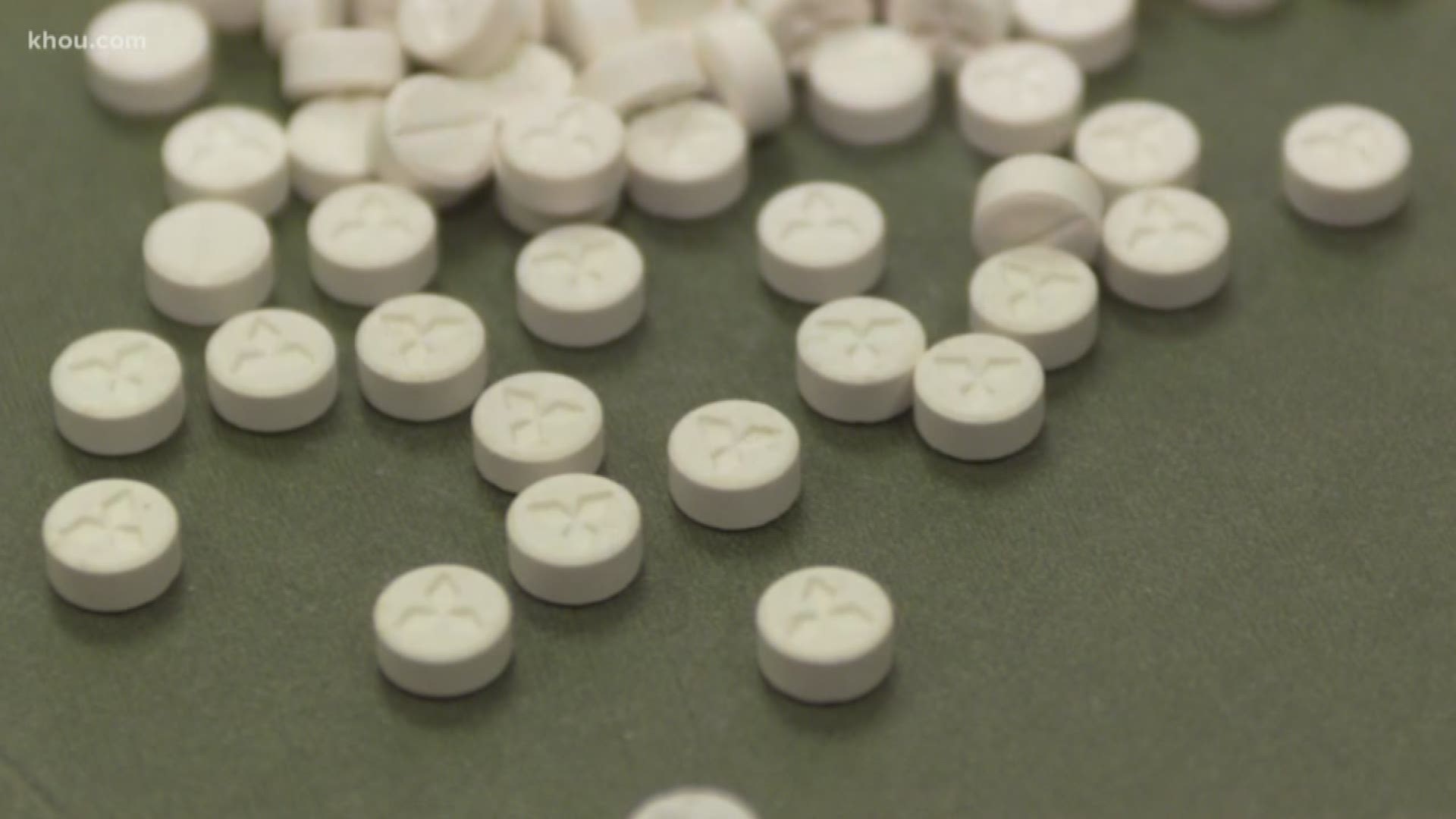Psychedelic drugs have been around for decades.
Now, hallucinogens - like LSD, ecstasy, and magic mushrooms – are gaining traction in the medical community as a possible treatment for depression and PTSD.
Dr. Sudhaker Selvaraj says UTHealth is one of 20 test sites in North America and Europe participating in a new clinical trial.
They’re studying the effects of psilocybin, which is the chemical found in some species of mushrooms, on patients suffering from severe, treatment-resistant depression.
“It is a medication that can change or alter perceptions, cognition, thinking, and how minds sees the environment,” said Dr. Selvaraj, assistant professor in the Department of Psychiatry and Behavioral Sciences at McGovern Medical School at UTHealth.
For the trial, approximately 20 patients in Houston will get a low, medium, or high dose of psilocybin. The patient then stays with two therapists for eight hours.
FROM 2016: FDA approves trial of Ecstasy to treat PTSD
Doctors believe the mind-altering medicine may help people see the world, and their life, differently.
“It is not a drug that’s given to someone and then see what happens. The therapists guide the patients who go through the experience after the administration of the medication,” said Dr. Selvaraj.
Doctors follow patients’ progress for three months after the single dose.
Johns Hopkins recently studied the effects of psilocybin on cancer patients. They found substantial and sustained decreases in feelings of depression and anxiety.
Patients who qualify for the study must have tried several forms of treatment for depression in the past. They also have to regularly see a psychiatrist or psychologist.
People with substance abuse issues or other psychological conditions are not eligible for the trial.
Those interested in participating in the trial can call 713-486-2523 or email utmooddisorders@uth.tmc.edu

